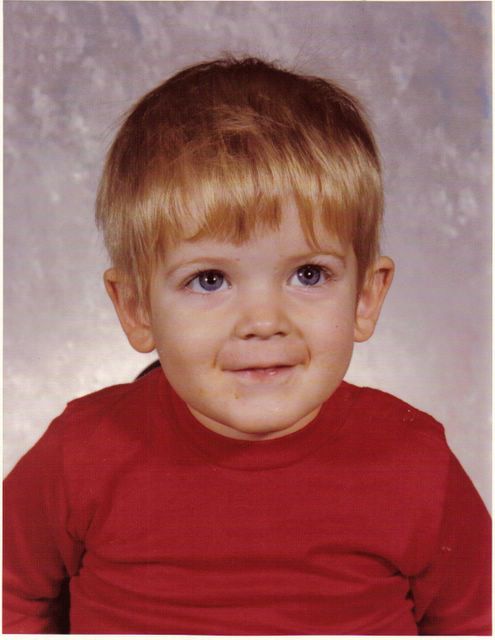From Rolling Stone Issue 1035
Sep 20, 2007
by Joe Levy
In the third week of August, a new Britney Spears song surfaced briefly online, a ballad so negligible it may have been a demo. It was suprisingly stripped of digital processing, leaving Britney's voice completely exposed, and it soon disappeared, only to be replaced by the first single of her comeback campaign, "Gimme More." This was business as usual, with the same mechanized Ann-Margret purr she's used from the beginning and lyrics that equate the gaze of the crowd and the cameras with sex. Is it too unkind to point out it sounds just like Justin Timberlake's "Sexyback," but without the hooks? And is it even unkinder to point out its intentional provocations weren't nearly as shocking as the ballad that had leaked a week before?
What made that ballad so can't-look-away strange was hearing a vocal free of Auto-Tune, the pitch correction software that defines pop music today. You know the sound of Auto-Tune, at least pushed to its limits, when it produces the vocoder-like robotic vocals of T-Pain's "Buy U a Drank" and other summer ubiquities such as Rihanna's "Umbrella" or Sean Kingston's "Beautiful Girls." All of them deploy the digital efect that comes when vocals are tuned too tight, a quavering disco-cyborg melisma that's become the keynote of so much of the Top Forty.
Auto-Tune is infamous for making possible careers that would never exist without it, allowing the turd polishing (as producers call it) that can turn the wee-packaged mediocre singers into stars. But used sparingly, it allows producers to seamlessly correct flat or sharp notes--literally to pull them in line with the proper pitch on a computer display--and it's likely that most of what you hear today is pitch corrected in one place or another. Not because the vocalists can't sing--because they can't sing perfectly. "Auto-Tune is like the fake tits of the music industry," says one producer. That is, it both creates and fulfills inhuman standards of beauty.
Auto-Tune is nothing new, and neither is that disco-cyborg effect, which powered Cher's "Believe" nine years ago. There's no more sense in complaining that it's fake than there was in bitching about drum machines twenty years ago. But it dominates the current moment, for better and worse. It merges the singer and the track, reducing everything to technology, which is perfect for ringtones or music on YouTube. It has its uses. But it rarely sustains more than a song. Try listening to Rihanna's entire album (which has sold sluggishly, despite a massive hit single) and you'll soon know thte truth of the philosophy limned by Justin Timberlake in the hook of 50 Cent's new single: "I'm tired of using technology/Why don't you sit down on top of me?" Sometimes, you want the human touch, even if it's a wobbly Britney vocal no one was ever supposed to hear.
Monday, September 17, 2007
Subscribe to:
Posts (Atom)
